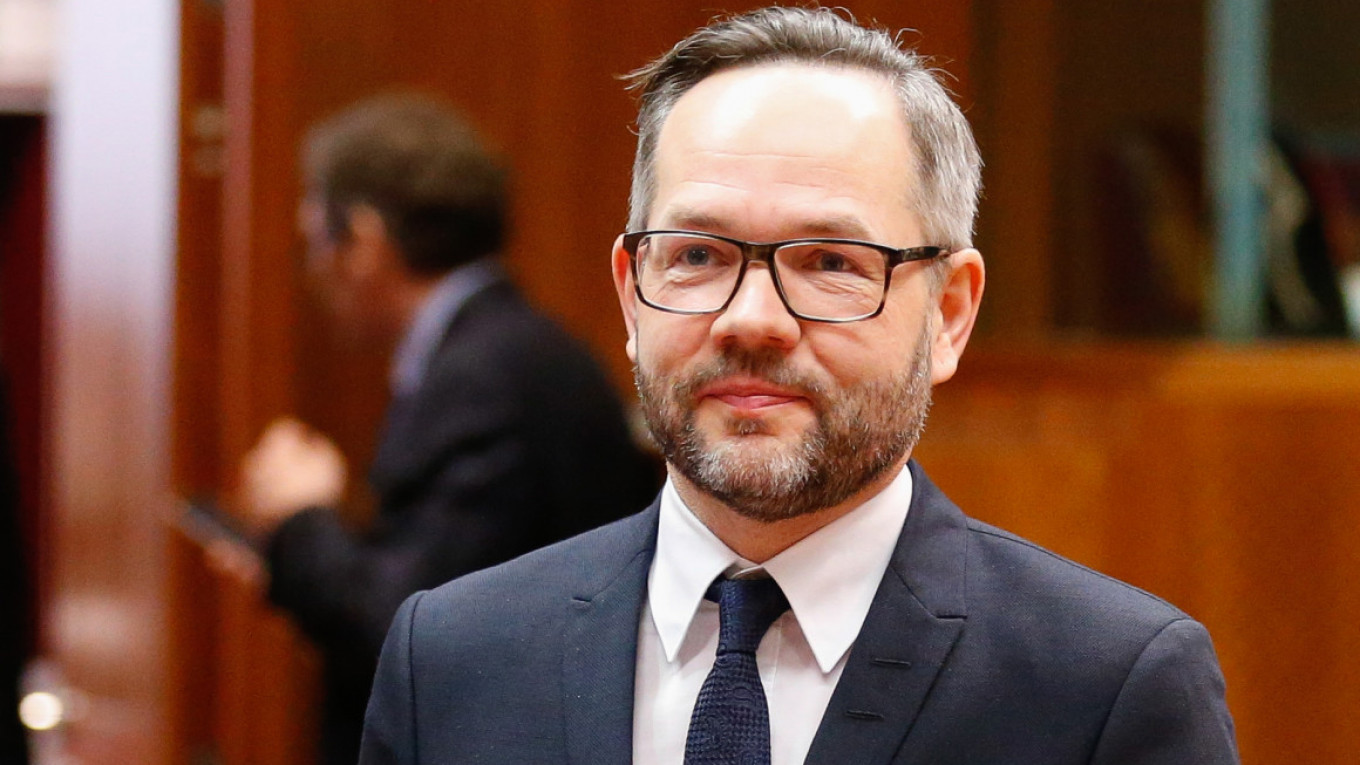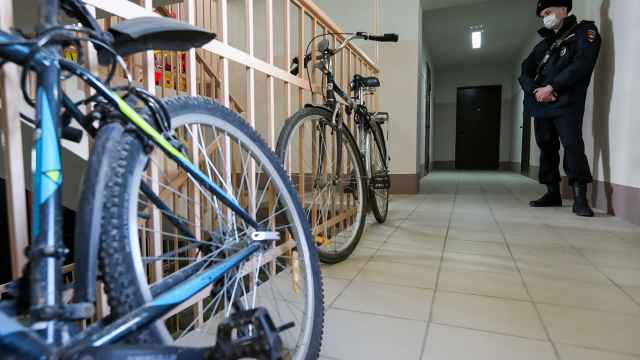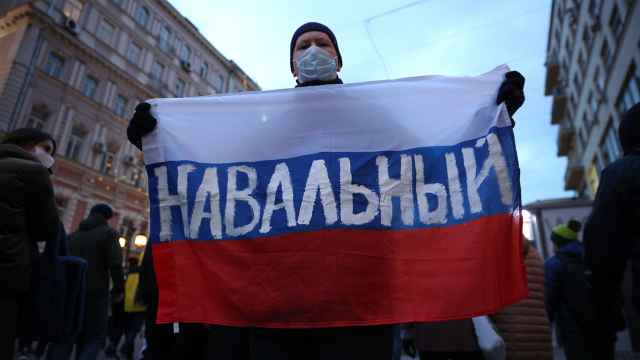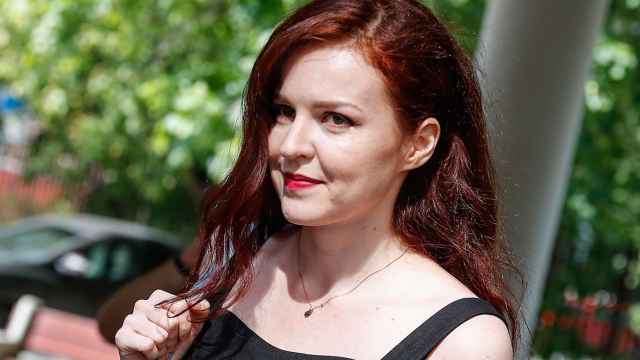Germany will keep all options open on possible sanctions against Russia over the poisoning of opposition leader Alexei Navalny, the country's minister for Europe told AFP.
"We have made it very clear that we will look at the entire set of instruments," Michael Roth said in an interview, responding to a question on what action Germany might take against Russia over the case.
Germany said last week there was "unequivocal evidence" that 44-year-old anti-corruption campaigner Navalny had been poisoned with the Soviet-era nerve agent Novichok.
Chancellor Angela Merkel has said that "only Russia can and must answer" questions on the case.
Moscow has fiercely denied involvement, the Kremlin denouncing as "absurd" attempts to blame the poisoning on Russia.
On Monday, Merkel's spokesman underlined that she would not rule out consequences on the multi-billion-euro Nord Stream 2 pipeline project if Moscow failed to thoroughly investigate the case.
While noting that the pipeline was not just a German project, Roth stressed: "We are open to all sanction options."
Any response would have to be "the result of talks and close European coordination," said Roth, whose country currently holds the rotating presidency of the EU.
The minister also noted that the case was not a bilateral quarrel.
"It is a conflict between Russia and democratic constitutional states, particularly in Europe but also worldwide.
"The poisoning of Navalny is a serious violation of the chemical weapons accord and of an international, rather than bilateral, nature."
It was key to send a "clear signal", he said.
"We cannot tolerate the attempted murder of a person who has criticized the Russian regime, government and the president."
Call for cooperation
Roth voiced hope however that sanctions could still be avoided.
"The Russian authorities still have the possibility to show a clear sign of their readiness to cooperate," he said.
Navalny's aides have said they suspect he drank a cup of spiked tea at a Siberian airport.
He fell ill on a domestic flight last month and was treated in a Russian hospital, where doctors said they were unable to find an toxic substances in his blood, before being evacuated to Berlin on August 22.
The Berlin hospital now treating him said Monday that Navalny was finally out of a medically induced coma and "responding to verbal stimuli".
Western leaders have expressed horror at what Navalny's allies say is the first known use of chemical weapons against a high-profile opposition leader on Russian soil.
Novichok was also used in the 2018 attack on a former Russian double agent and his daughter in the English city of Salisbury.
A Message from The Moscow Times:
Dear readers,
We are facing unprecedented challenges. Russia's Prosecutor General's Office has designated The Moscow Times as an "undesirable" organization, criminalizing our work and putting our staff at risk of prosecution. This follows our earlier unjust labeling as a "foreign agent."
These actions are direct attempts to silence independent journalism in Russia. The authorities claim our work "discredits the decisions of the Russian leadership." We see things differently: we strive to provide accurate, unbiased reporting on Russia.
We, the journalists of The Moscow Times, refuse to be silenced. But to continue our work, we need your help.
Your support, no matter how small, makes a world of difference. If you can, please support us monthly starting from just $2. It's quick to set up, and every contribution makes a significant impact.
By supporting The Moscow Times, you're defending open, independent journalism in the face of repression. Thank you for standing with us.
Remind me later.






